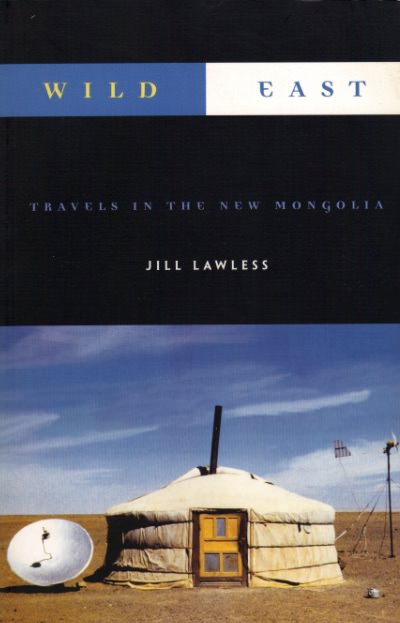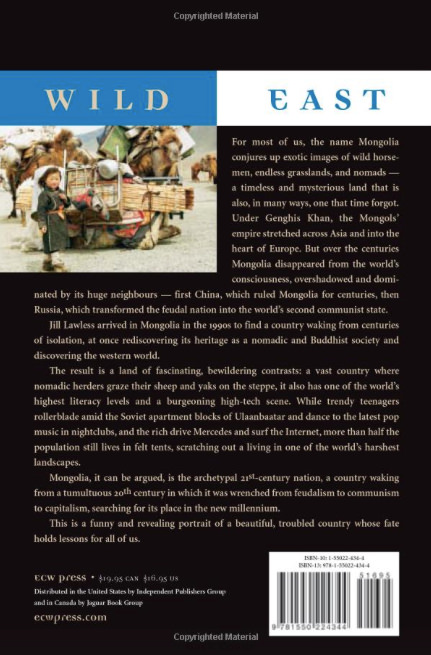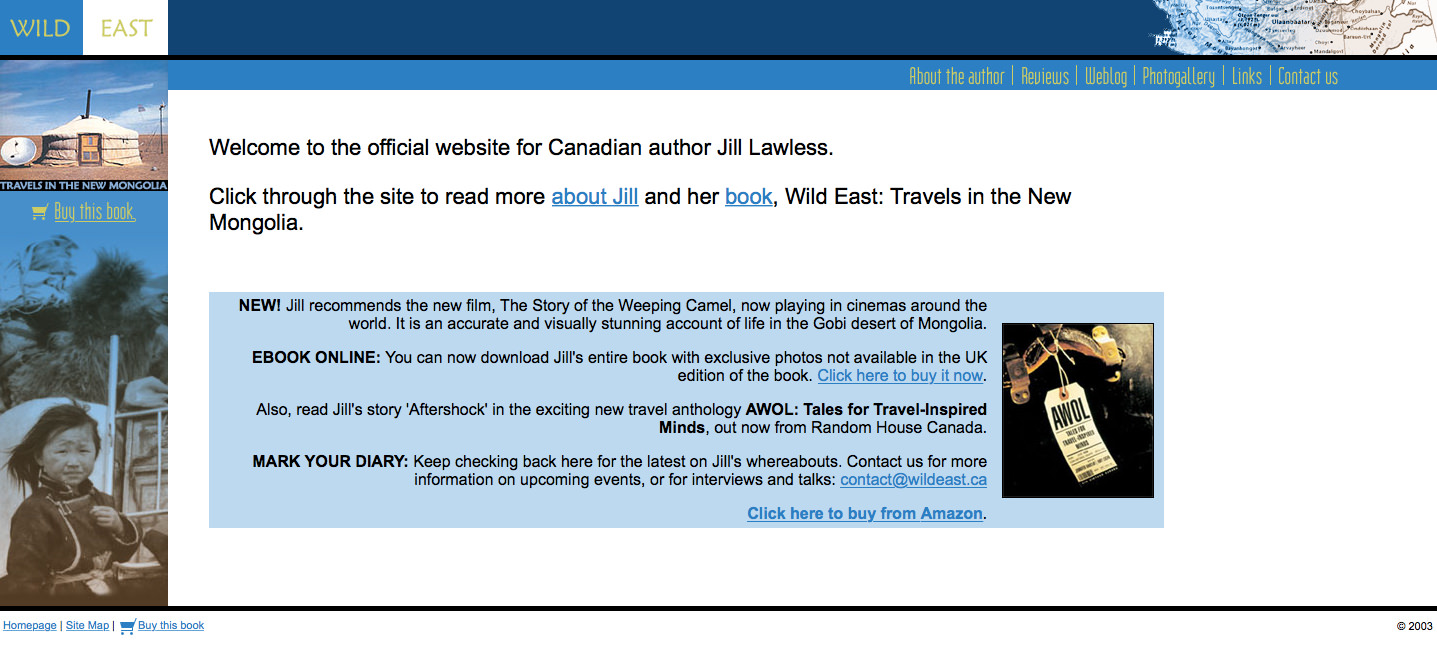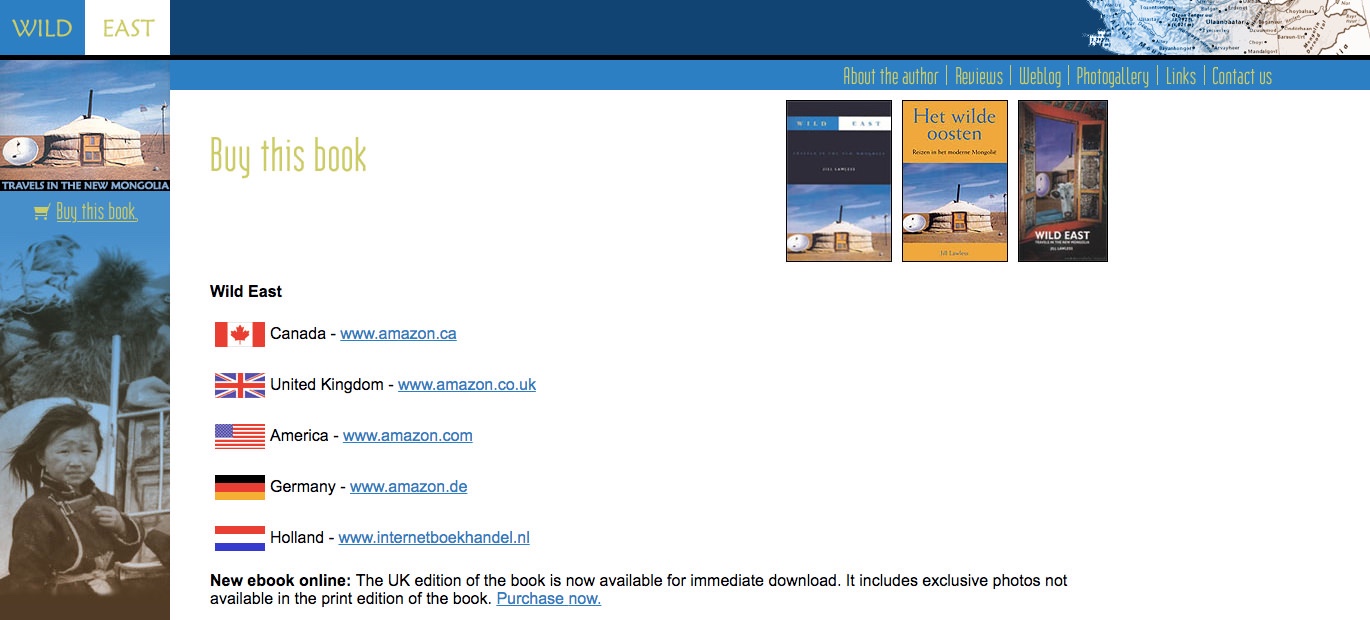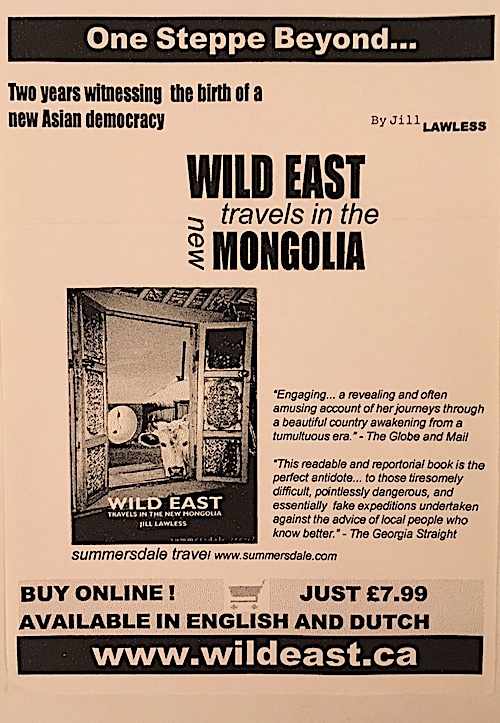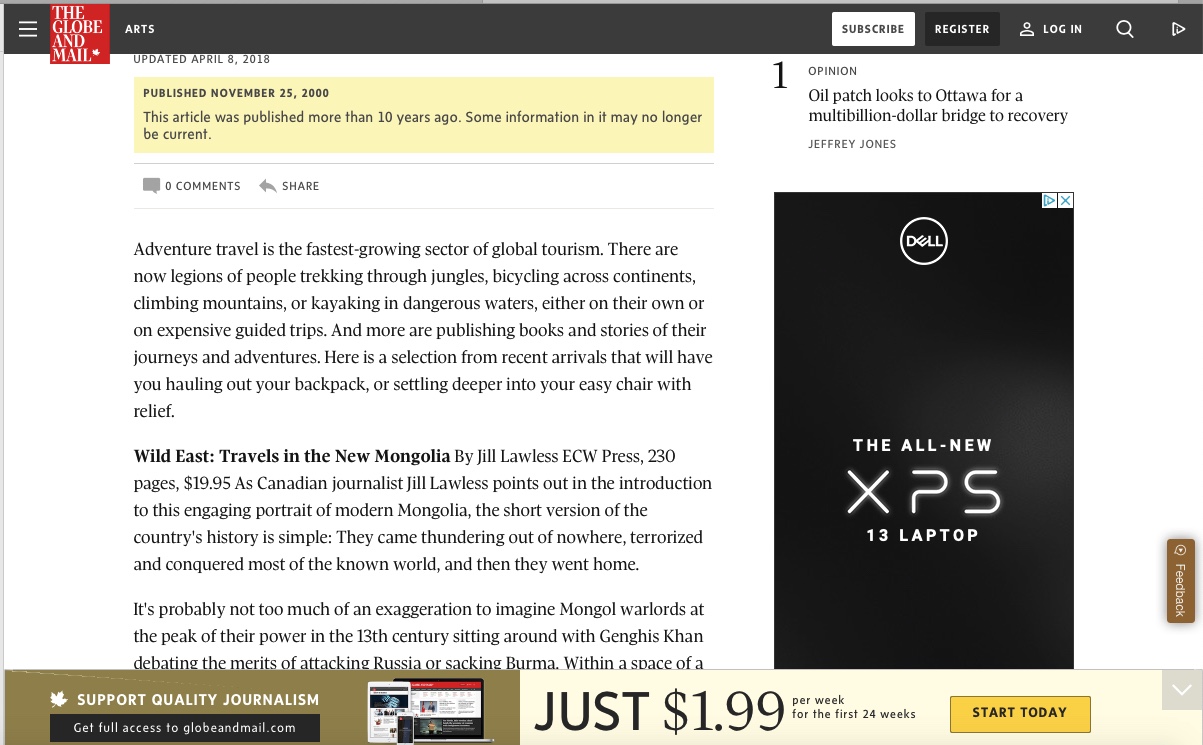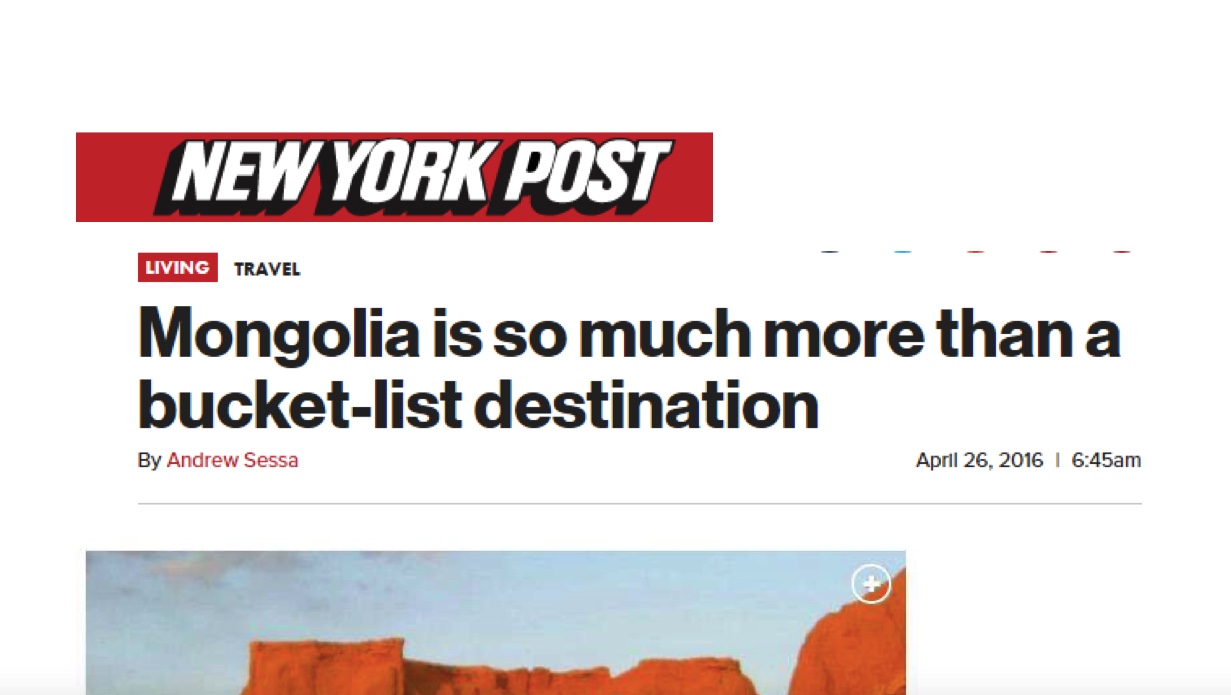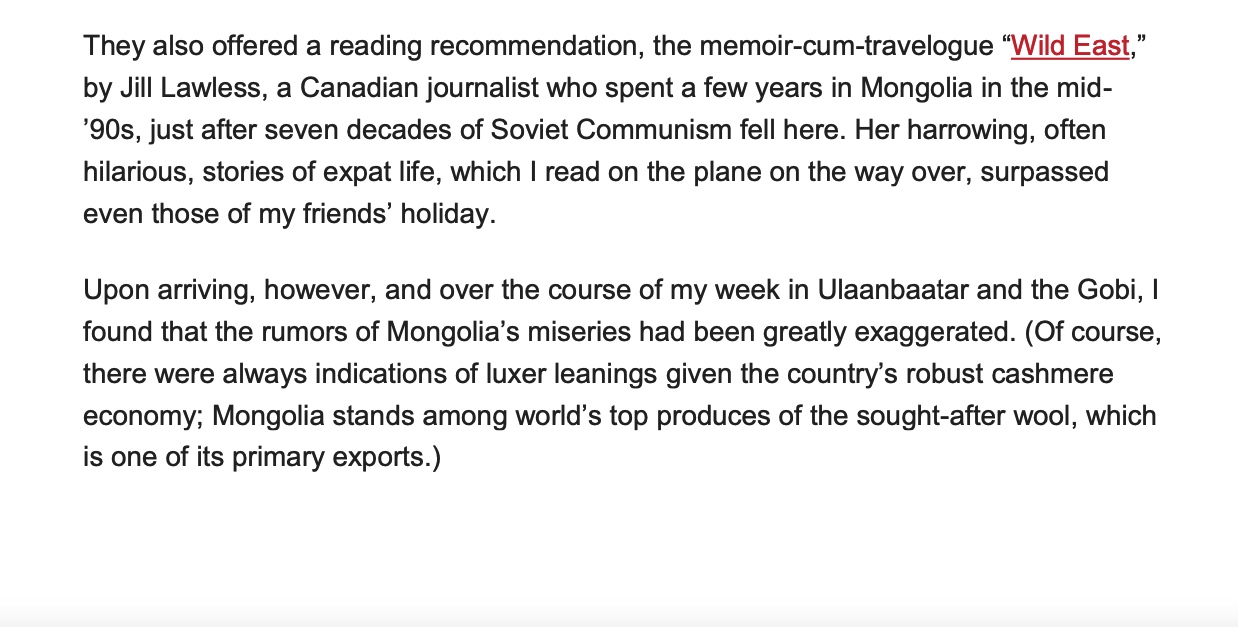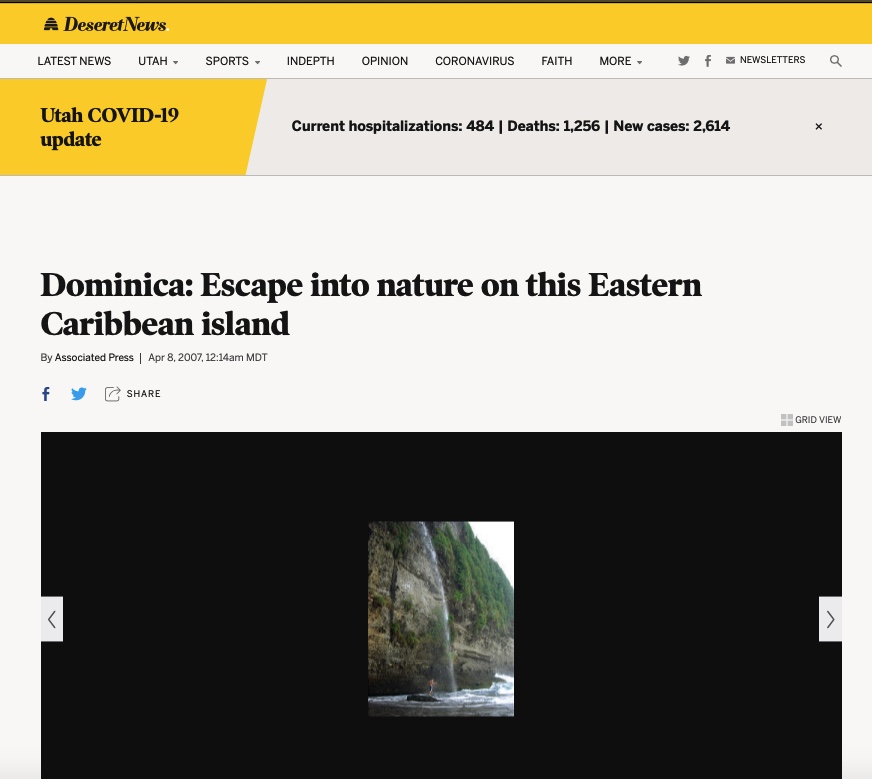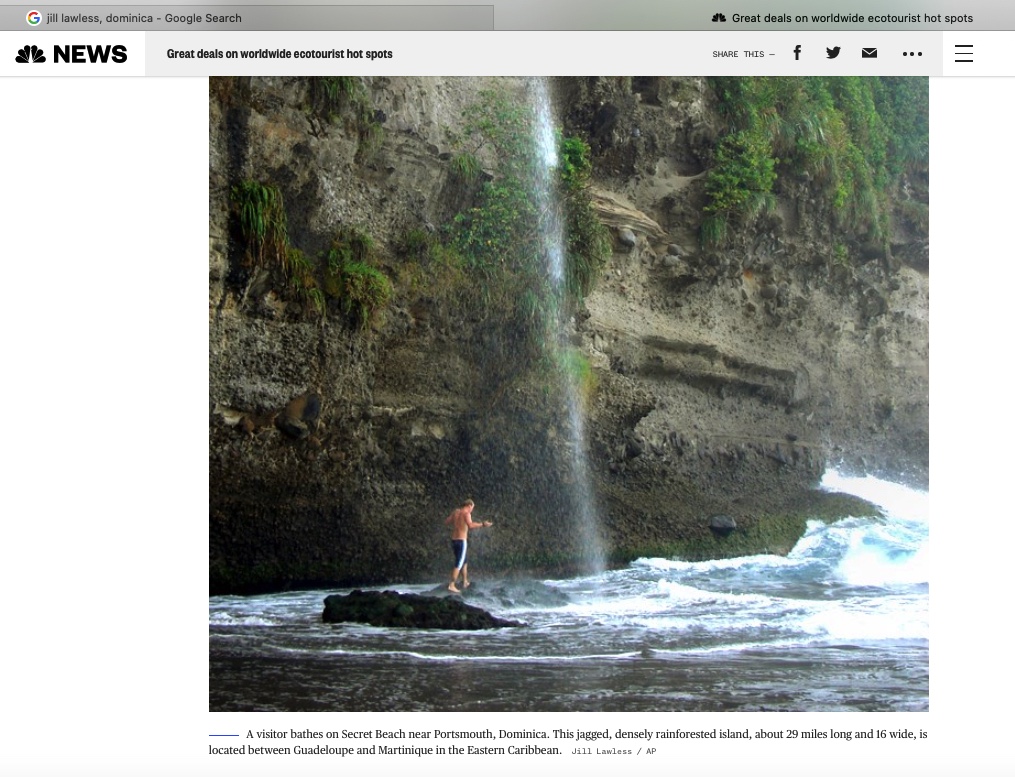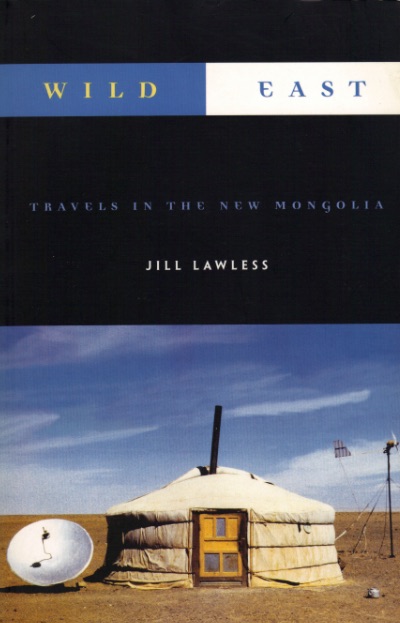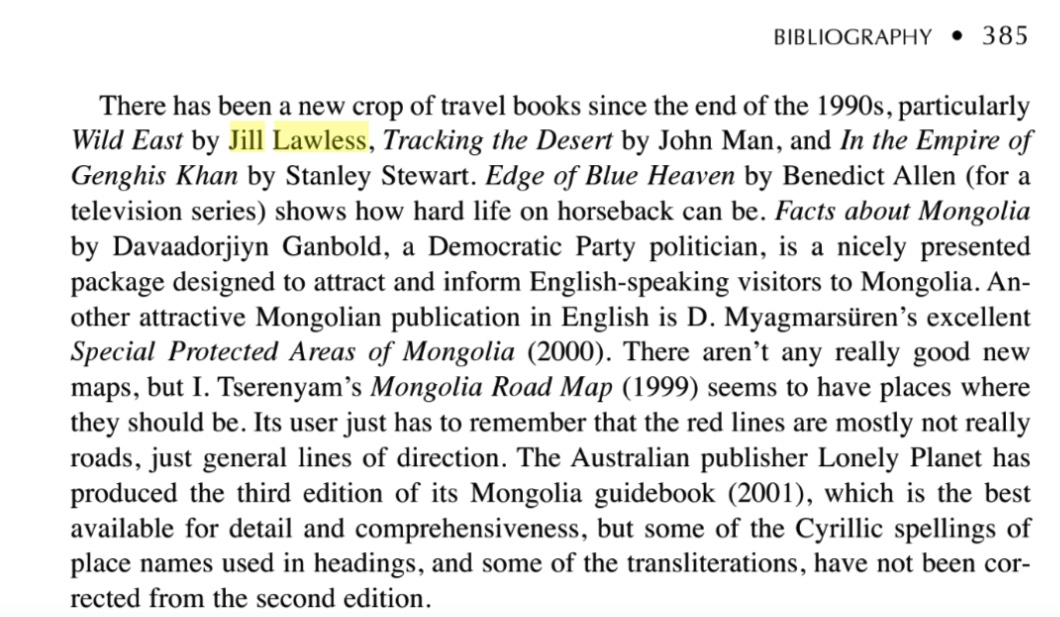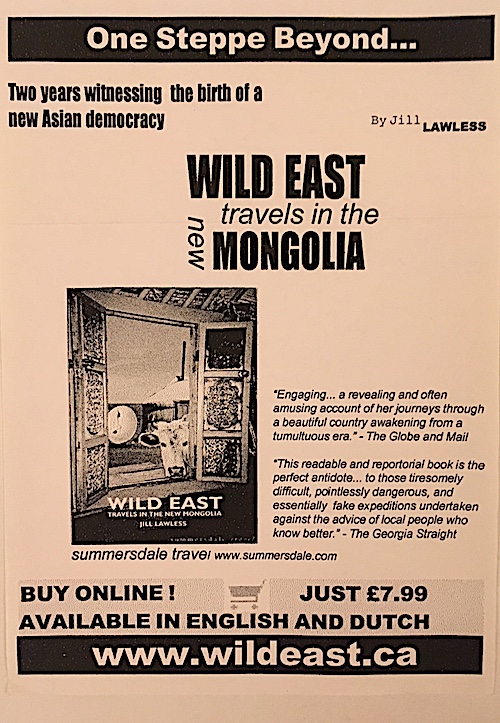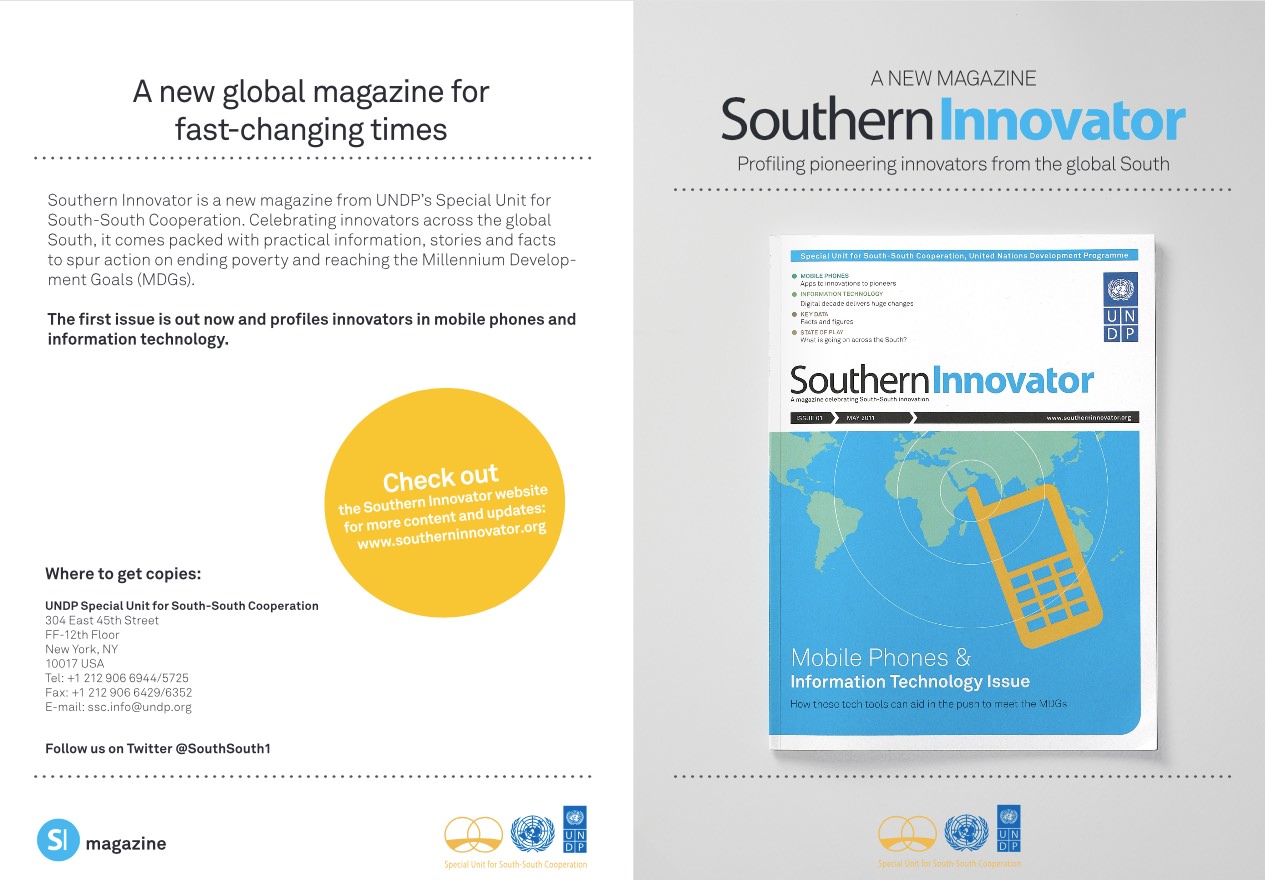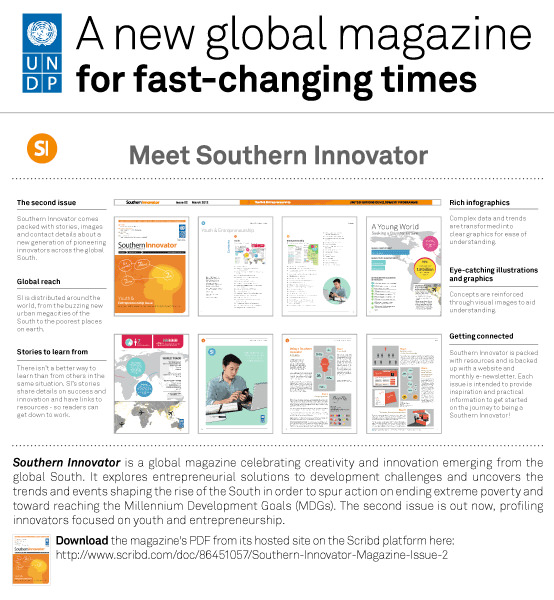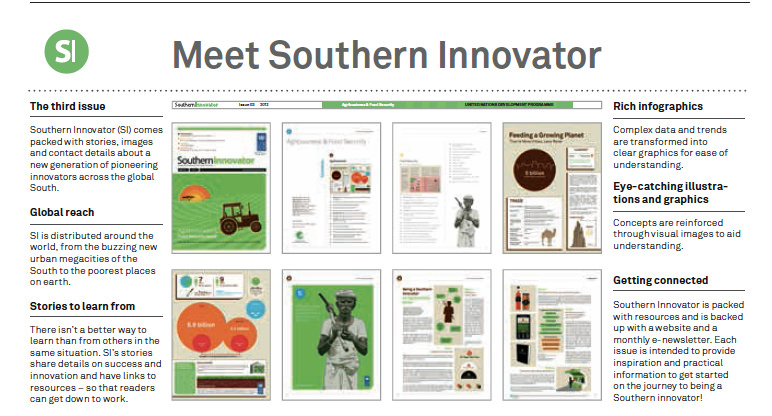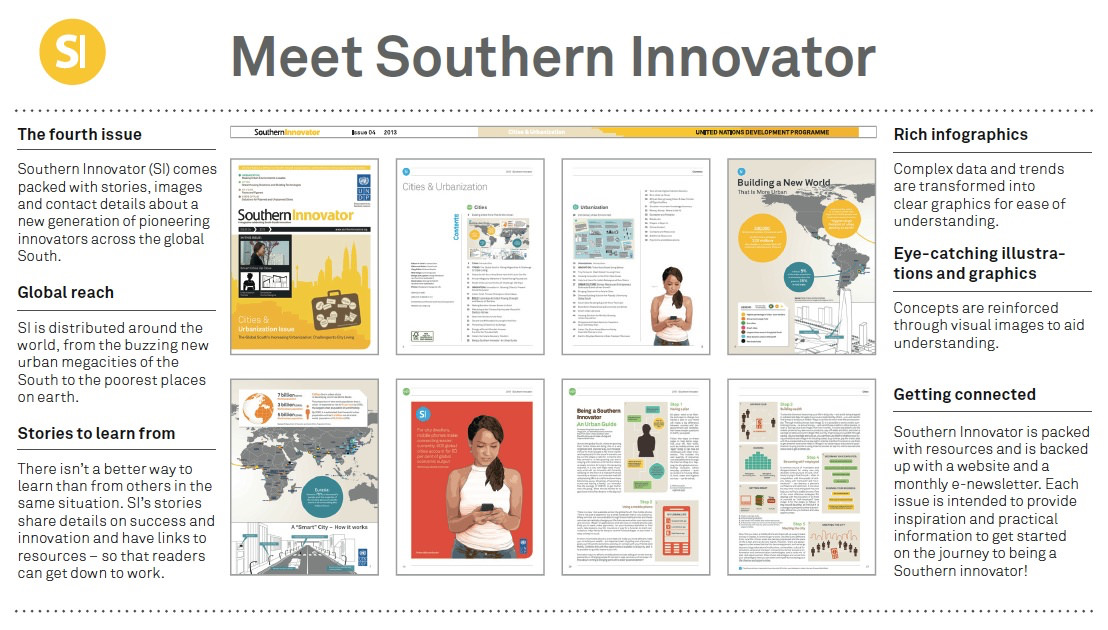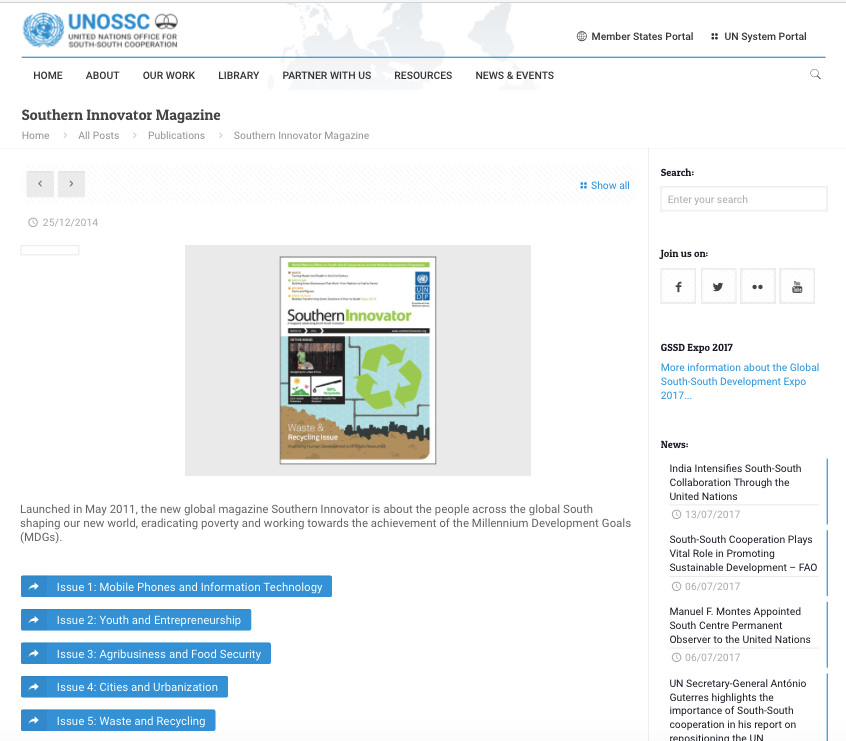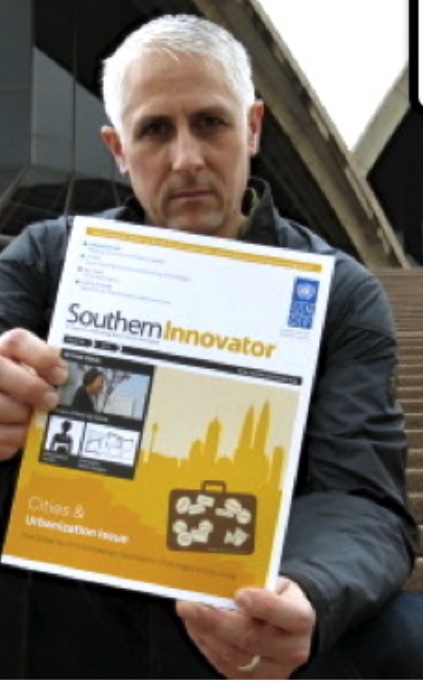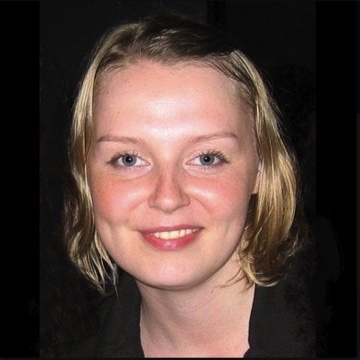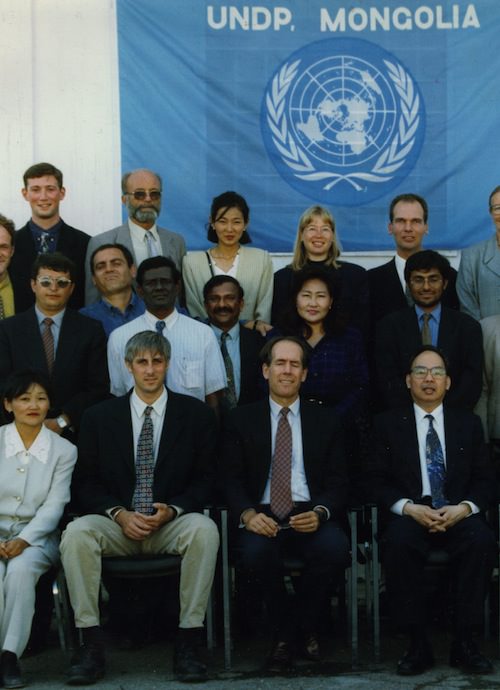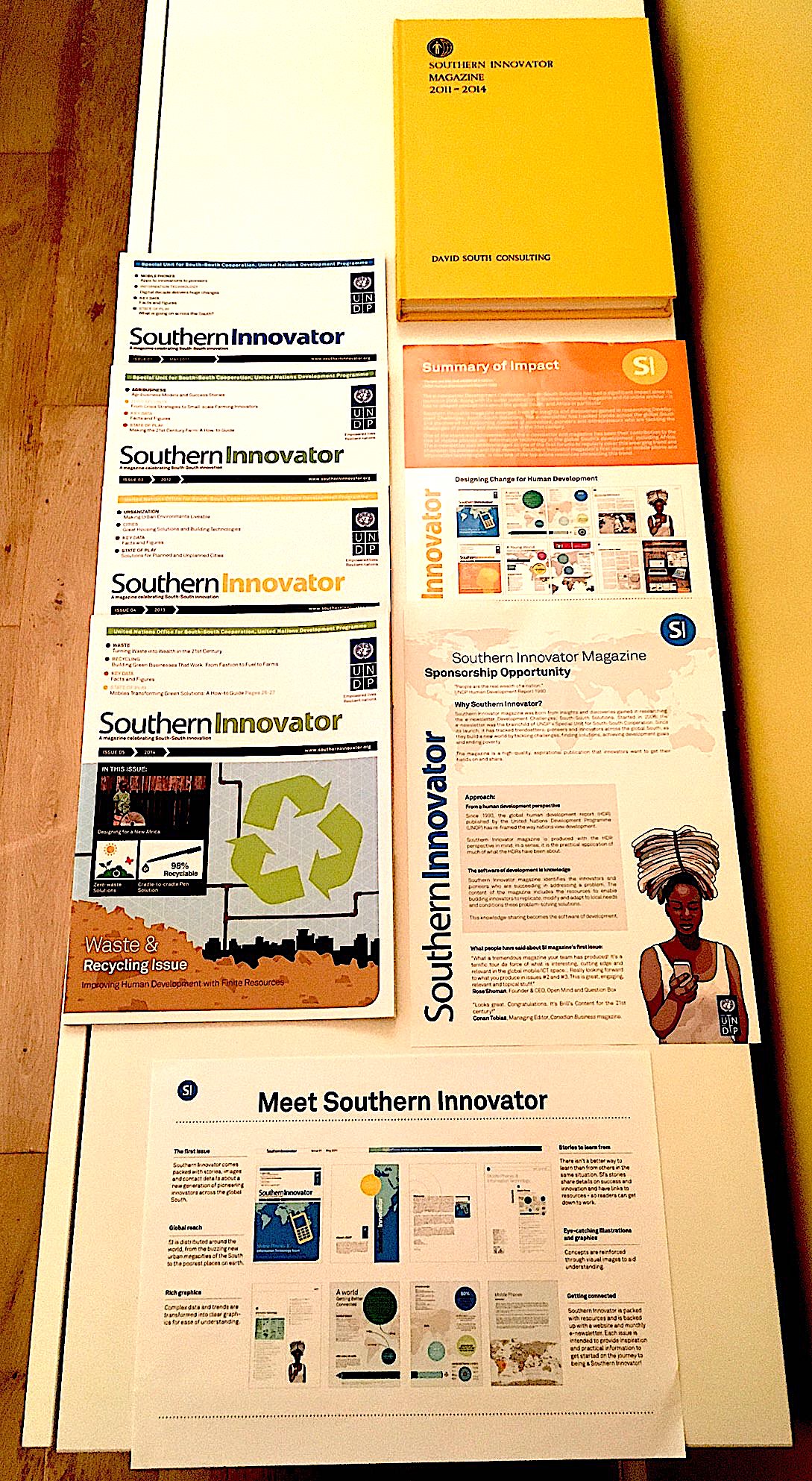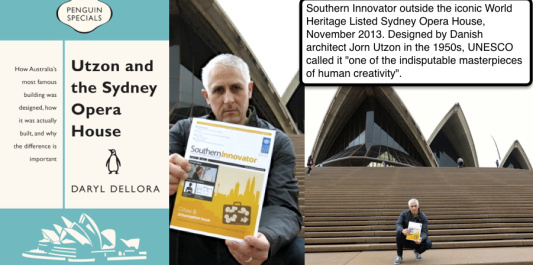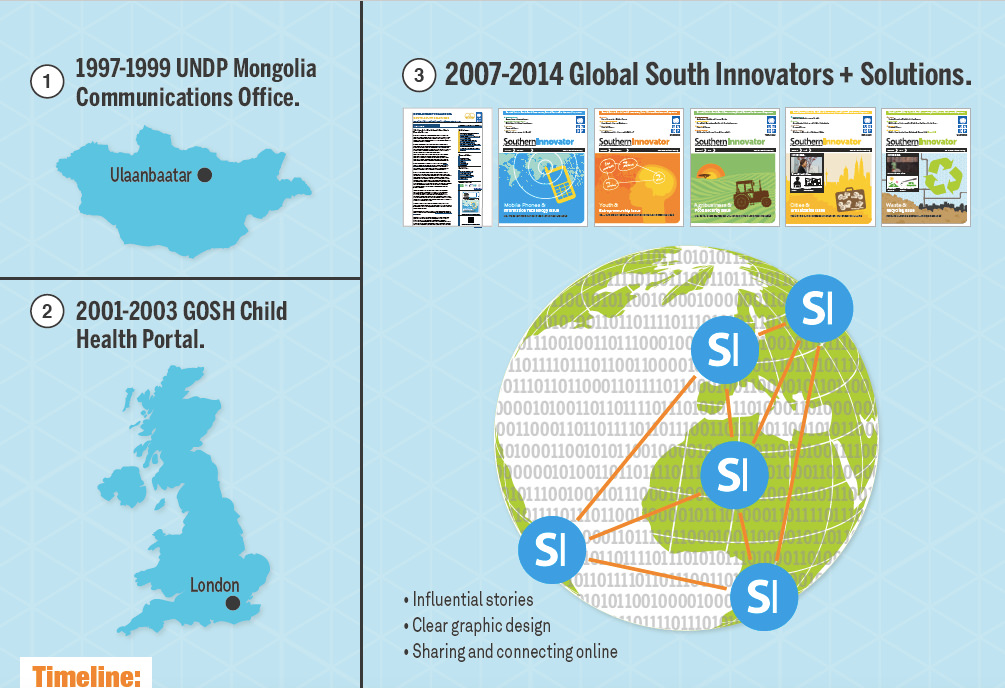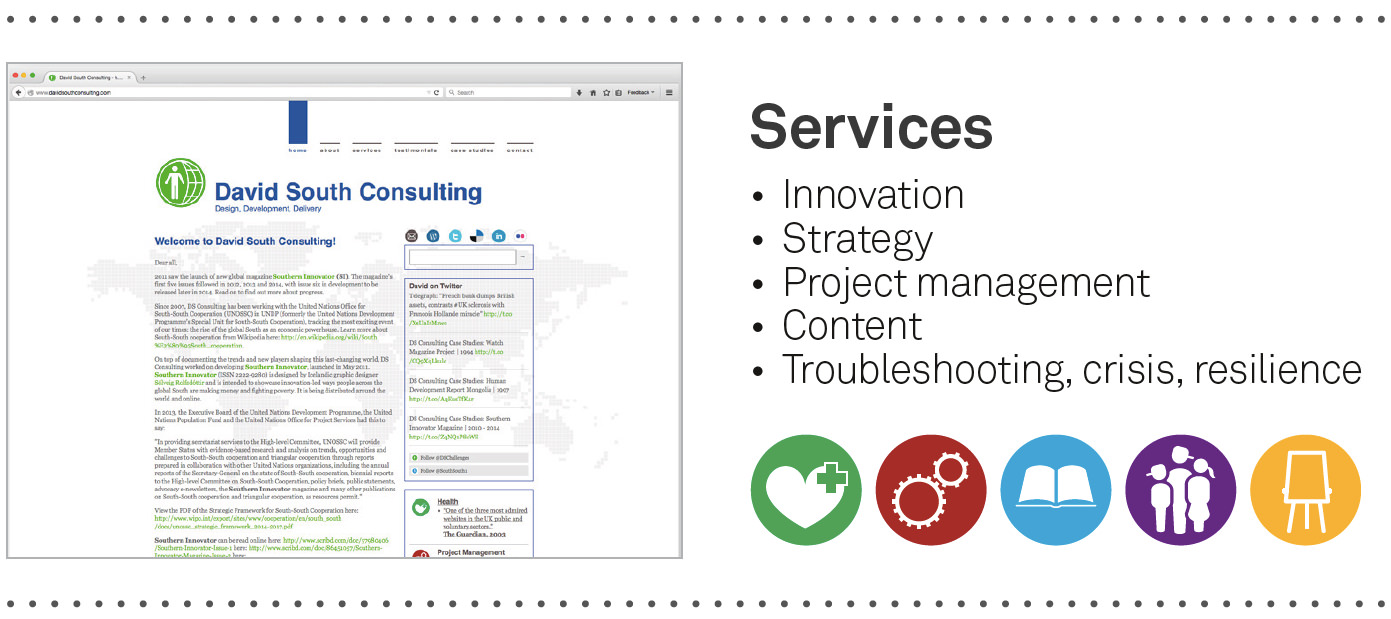Global Financial Crisis Response | 2008 - 2011
 Monday, October 2, 2017 at 10:29AM
Monday, October 2, 2017 at 10:29AM

The year was 1997. I was hired by UNDP Mongolia to establish and head up its communications operations in the country (UNDP Mongolia Communications Office). At the time, Mongolia was experiencing “one of the biggest peacetime economic collapses ever” (Pomfret: 1994) . And it showed. Food was scarce, unemployment high, poverty was increasing, and the capital Ulaanbaatar consisted of decaying and shabby Soviet and Communist architecture. The country felt isolated and cut-off from a world experiencing the boom of the late 1990s and the information technology revolution.
Working in the country for two years (1997-1999) taught me a great deal about how a country recovers from a severe crisis and rebuilds its economy. I learned about human resilience and how markets can restore economies; the key role information technology plays and the importance of unfettered information and knowledge sharing to give people the tools they require to re-build their lives and grow wealth. Read more about this experience here: http://www.davidsouthconsulting.com/case-studies/case-study-4-un-undp-mongolia-1997-1999.html
The unfolding Global Financial Crisis in 2008, while caused by the collapse of the financial system, also presented an opportunity to apply the lessons learned in the late 1990s. The crisis was a roller coaster ride and provided a front row seat to what happens when too much debt and fraud overwhelms the financial system. A conference in Switzerland on African trade opportunities in 2008 was disrupted by the crisis as participants received frantic calls from London and New York and grabbed their bags and fled. Later that year I joined my wife (a foreign correspondent) in Reykjavik, Iceland as demonstrations erupted resulting from the collapse of their banks. Later this was called the ‘Pots and Pans Revolution’ (https://en.wikipedia.org/wiki/2009_Icelandic_financial_crisis_protests). See pictures of the demonstrations here: https://www.flickr.com/photos/15195144@N06/albums/72157613009834677
In 2009 I attended a UN conference in Geneva, Switzerland to evaluate the crisis and forecast where it might go. I wrote a blog about it here: http://www.davidsouthconsulting.com/blog/2016/1/8/global-crisis-report-from-the-un-conference-on-the-social-an.html
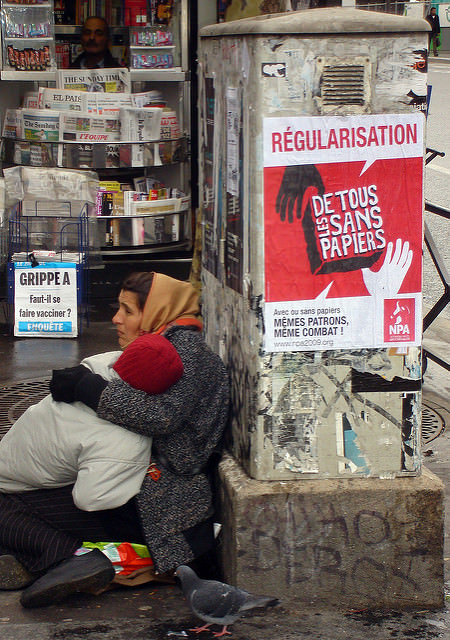 On the streets of Paris in 2009.
On the streets of Paris in 2009.
As this was happening something very exciting was emerging. While researching the e-newsletter Development Challenges, South-South Solutions for the United Nations Office for South-South Cooperation (UNOSSC), it became clear a quiet revolution was ocurring as a result of the rapid spreading of mobile and information technologies across the global South. That represented an exceptional crisis response tool where governments and the financial system were failing people. The e-newsletter was being sent to a global subscriber base across the United Nations and governments, reaching a highly influential audience in the global system.
In 2011, this research went into the landmark first issue of the magazine Southern Innovator (called “a terrific tour de force of what is interesting, cutting edge and relevant in the global mobile/ICT space…”). This transformative magazine leveraged even greater change as it inspired many, as well as being cited as an influence on the UN’s and UNDP’s strategic priorities (the current innovation agenda and the focus on South-South cooperation).
The repercussions of the 2008 Global Financial Crisis are still with us. Central banks continue with emergency measures (low interest rates, asset purchases, QE etc.) and consumer, government and corporate debt continues to rise. An ability to respond and recover will still be needed and David South Consulting will be there.
![]()


